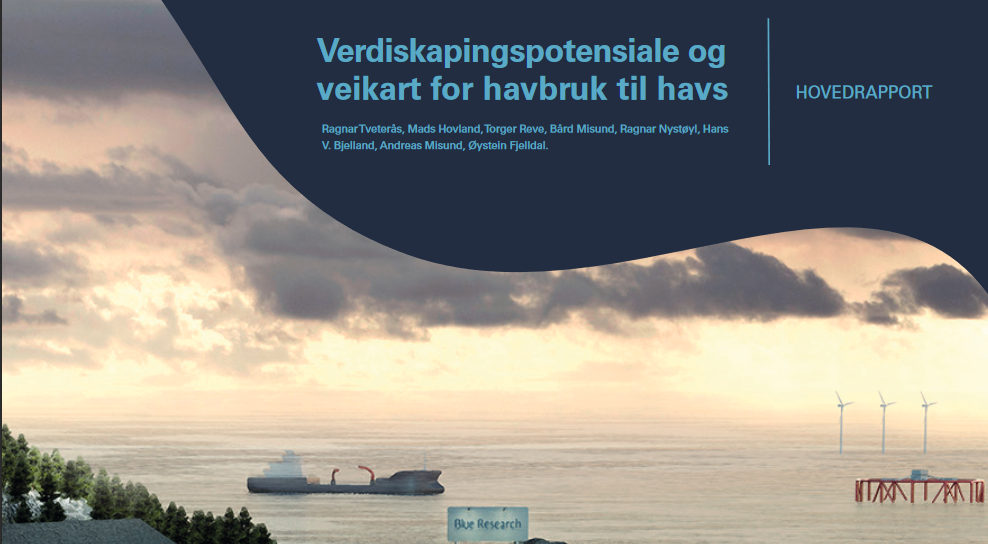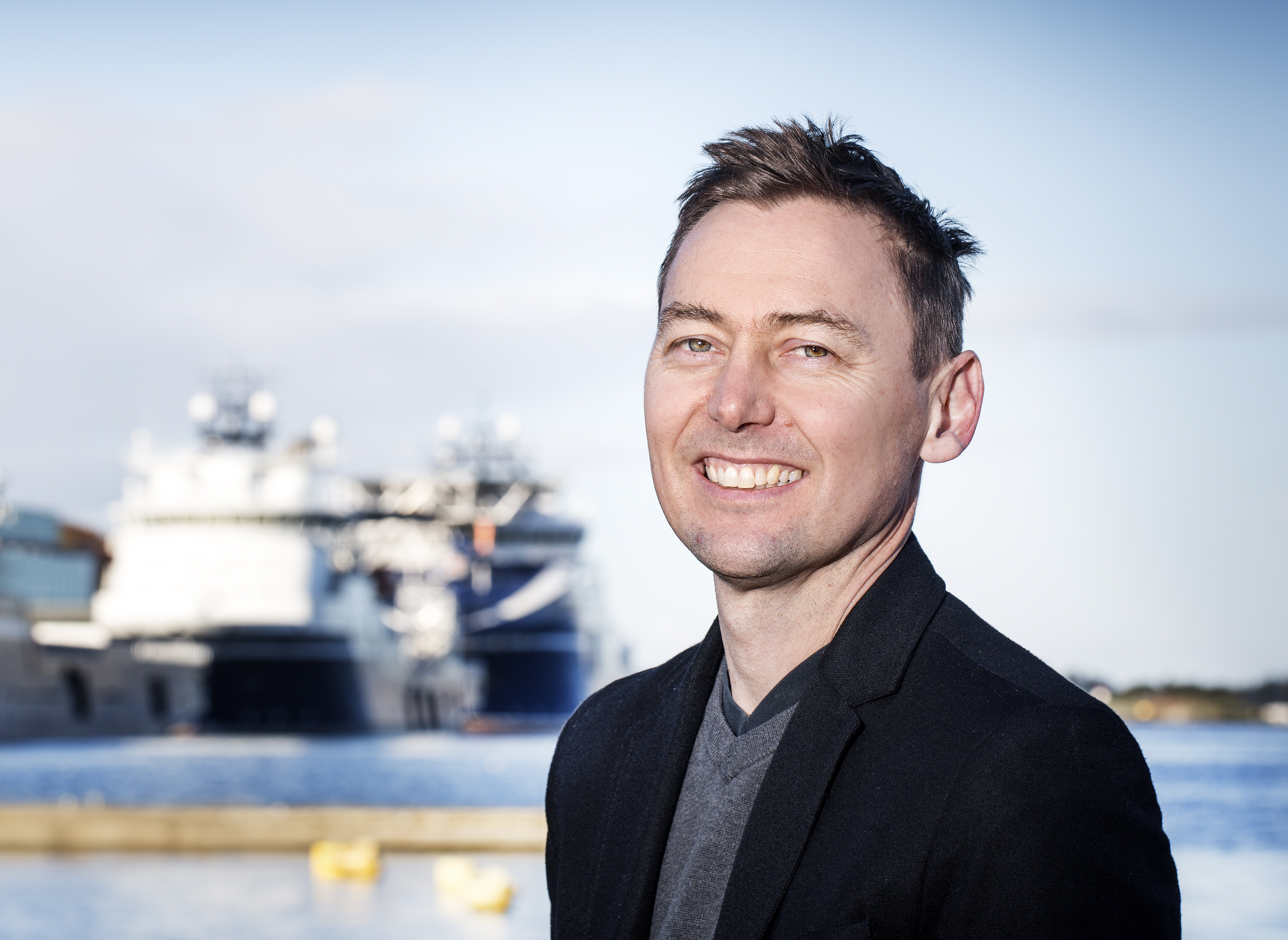According to a new report headed by Professor Ragnar Tveterås at the UiS Business School, the most optimistic estimates suggest that 1,8 million tonnes of salmon each year can be produced in cages offshore within 30 years.
Value creation of NOK 100 billion (£8,6bn) annually.

Monday December 7, Professor Ragnar Tveterås together with Professor Torger Reve (BI) presented the report "Verdiskapingspotensiale og veikart for havbruk til havs" (The value creation potential and roadmap for aquaculture at sea).
The report assumes that "politicians from a number of parties have repeatedly stated that the goal for aquaculture is a sustainable production of 5 million tonnes by 2050". In their most optimistic estimate, the researchers believe that up to 1.8 million tonnes of salmon can be produced in offshore facilities within 30 years.
The report has been positively received by the industry and several politicians, but there are clearly many challenges that can also lead to conflicts of interest. Wind power, Oil exploration and traditional fishing have interests in the same offshore areas. The Green Party i.e. believes that the industry already has major challenges along the coast that must be solved first..

The Report is commisioned by The Stiim Aqua Cluser in cooperation with Norsk Industri, DnB, Stavanger Municipality, Rogaland County and Greater Stavanger. Ragnar Tveterås has lead the assignment with contributions from Mads Hovland (Blue Planet), Torger Reve (BI), Bård Misund (UiS Business School), Ragnar Nystøl (Kontali Analyse), Hans V. Bjelland (SINTEF Ocean), Andreas Misund (SINTEF Ocean) og Øystein M. Fjelldal.
Tveterås emphasizes that the project group has benefited greatly from meetings with the reference group and individual interviews and meetings with representatives of the supplier industry, the aquaculture industry i.e. -This has given us valuable knowledge, says Tveterås, who at the same time emphasizes that the authors are responsible for the content of the report.